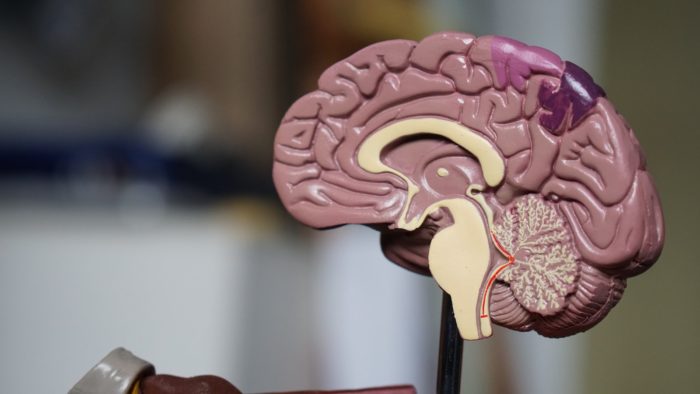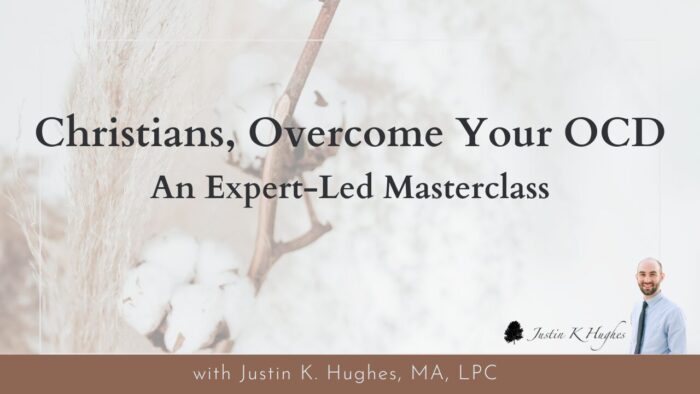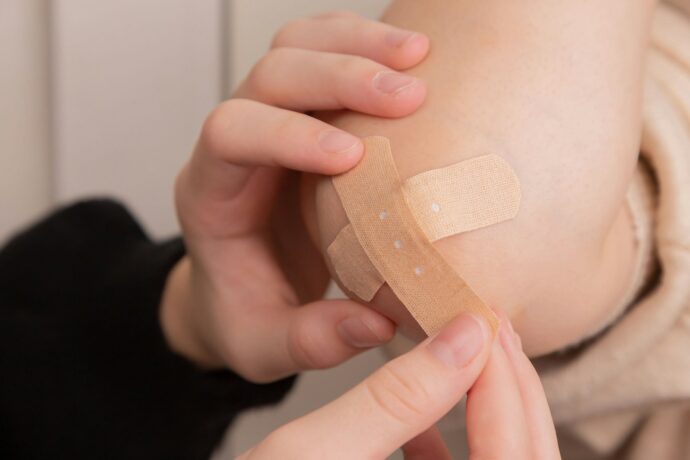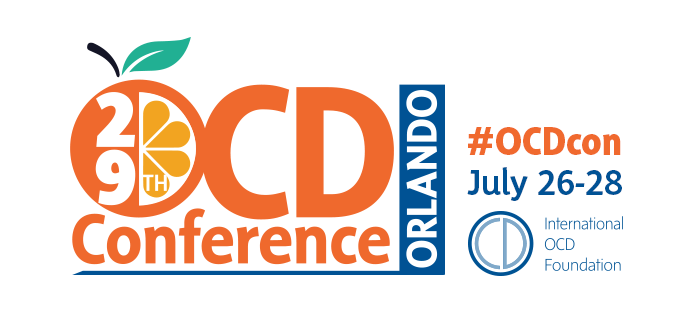
Are you confused about what treatment to pursue for OCD? You’re not alone. On the consumer side, it can seem perplexing. Fortunately, it’s all more manageable with a little guidance of those in the know! If you’re looking for a specialist in your area, go HERE.
While I am a strong proponent of the gold standard treatment for OCD, known as Exposure and Response Prevention, for some people, it doesn’t work as well as we would like, or a person says for various reasons, “No, thanks.” It is lovely to have options that help people. Are you interested in a primer on OCD and its treatment?
- You can watch my full, almost 2 hour training FREE on YouTube for a primer: ERP 4 OCD- Ultimate Guide to treating OCD
- Read my quick article, What is Obsessive Compulsive Disorder and How Is It Treated?
What is TMS?
“TMS is a non-invasive way of “stimulating” (or changing) activity in the brain using magnetic fields. During treatment, patients sit in a chair while a TMS device is pressed against the outside of their head. Inside the device is a wire coil. When an electric current is passed through this coil, it generates a magnetic field. The magnetic field passes through the hair, scalp, muscle, and skull and into the brain, where the magnetic field changes brain activity. This magnetic field can be targeted to reach and stimulate specific areas of the brain, including those involved in OCD. The patient may feel a tapping sensation on their head during treatment, but people receiving TMS are not being “shocked” by electricity. Patients are not sedated during the procedure, discomfort is typically mild, and patients can return to their normal activities immediately” (Camprodon et al., 2022).
Is TMS the Best for Me?
I have worked with many patients who have experienced various results from TMS. The benefits vary depending on the individual. TMS is ideally an adjunctive treatment (i.e., added on to ERP or medication) but sometimes serves as a standalone. In simple terms, it is not a first-line treatment.
At best, currently, 45-55% of patients will experience significantly reduced symptoms. An OCD specialist can help you walk through considerations for you, assess your needs and what you have tried, and encourage you in your options. The International OCD Foundation (IOCDF) developed an excellent overview resource from several experts that will offer further guidance, as well.
How Do I Find A Provider?
Not all TMS is the same. It gets confusing as its uses and approaches rapidly expand—a good thing in many ways! However, TMS that has been found beneficial specifically for OCD follows certain criteria, targets, and uses a specific device or coil that may not be the same used for other conditions, like depression.
There may be significant differences in different protocols (Novey, 2019). You can read more from TMS & Brain Health.
The most direct way I know to find a provider that can follow the proper protocol is by provider look-up tools, like that provided by BrainsWay and MagVenture—with whom I have no affiliation nor receive incentives.
I’m sorry you or a loved one are suffering. There is hope. Let me repeat it: THERE IS HOPE.
Best,
Justin








Leave a Reply